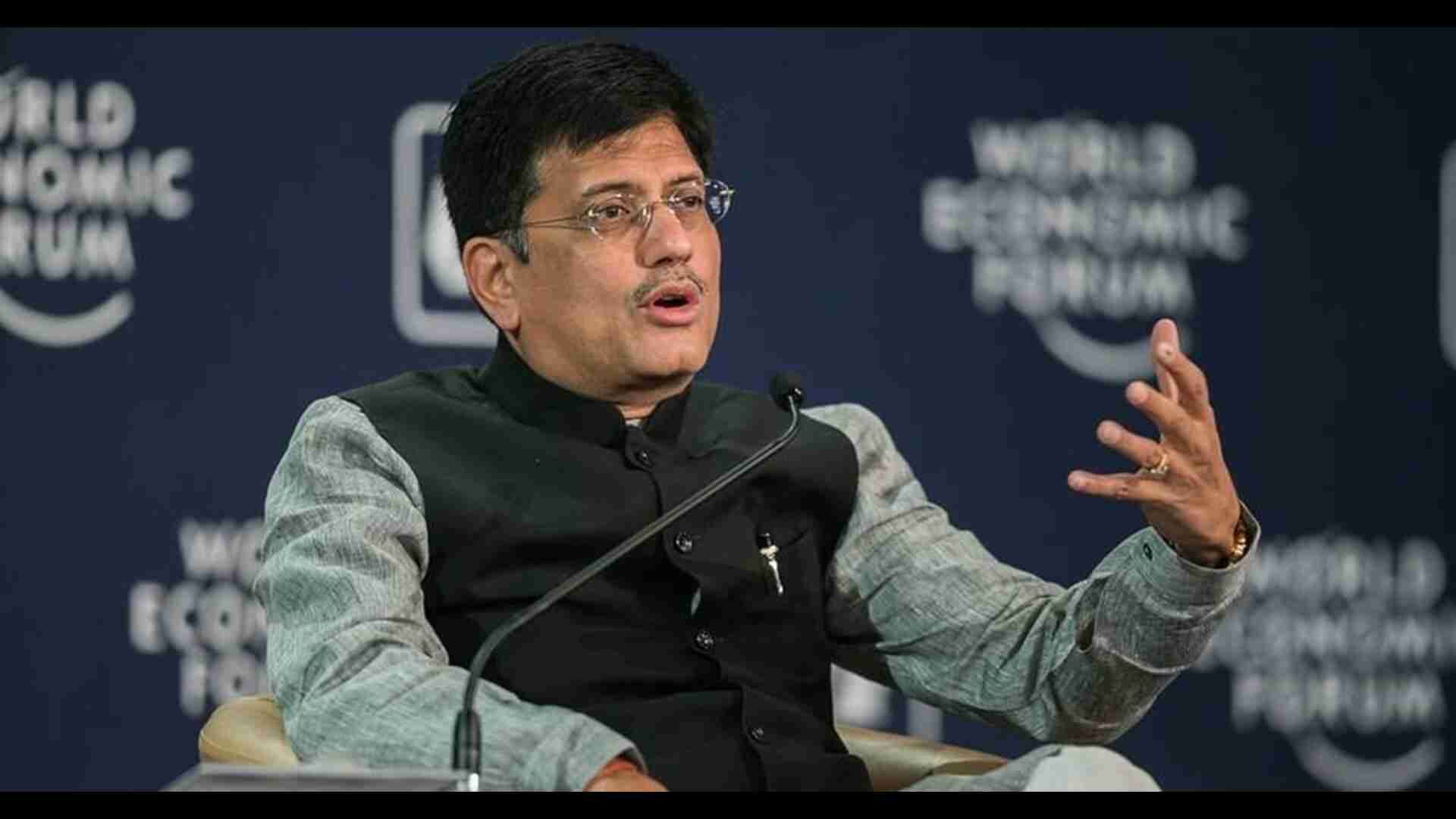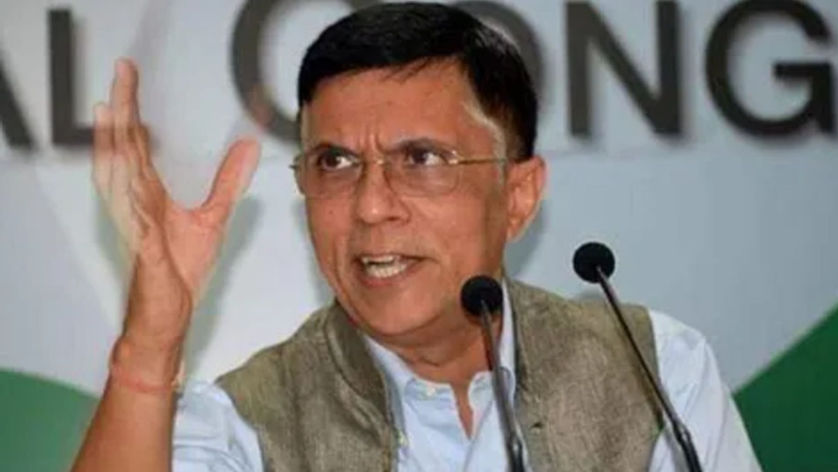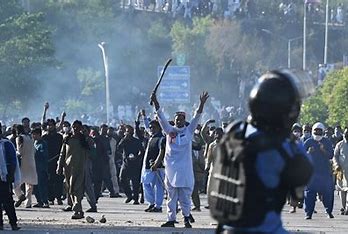
Recently, a three-Judge Bench of the Supreme Court in the matter of Pyare Lal v. State of Haryana framed an important question of law for the reference to the larger bench to consider-
“Whether in exercise of power conferred under Article 161 of the Constitution a policy can be framed, where under certain norms or postulates are laid down, on the satisfaction of which the benefit of remission can thereafter be granted by the Executive without placing the facts or material with respect to any of the cases before the Governor and whether such exercise can override the requirements under Section 433-A of the Cr.P.C.”
The matter in hand reports that the accused (Pyare Lal) was convicted in relation to the offence committed under Section 302 r/w 34 of the Indian Penal Code and sentenced to suffer life imprisonment. The accused preferred an application for bail which was subsequently rejected by the Court. Another application for bail was preferred by the accused, but before the Court could consider the application of the accused, he was prematurely released from the prison in 2019 as a matter of State Policy which permits the accused to be released prematurely as he being aged above 75 years has served 8 years of imprisonment. The reason stated by the State Government for premature release was that:
“On the occasion of Independence Day i.e. 15th August 2019, the Governor of Haryana in exercise of the powers conferred by Article 161 of the Constitution of India, is pleased to grant special remission to prisoners who are undergoing sentence as a result of their conviction by the Courts of Criminal Jurisdiction in the State of Haryana.”
The category of convicts refers to:
“The convicts who have been sentenced for life and are 75 years or above in case of male and of 65 years or above in case of female as on 15.08.2019 and have completed eight years of actual sentence in case of male convicts and six years of actual sentence in case of female convicts including under trial period and excluding parole period and whose conduct has remained satisfactory during confinement and who have not committed any major jail offence in the last two years be released forthwith….”
Interplay of Section 433-A Cr.P.C. and Article 161 of the Constitution
In Maru Ram case, the Constitution Bench of the Supreme Court considered the constitutional validity of Section 433-A Cr.P.C. The issue before the Court was whether Section 433-A curbs the power of the Constitutional authority such as President/Governor to remit or commute unless the convict has served fourteen years of rigorous punishment in offence for which life imprisonment is imposed on the convict. The majority Judgment penned by Justice Krishna Iyer observed that Section 432 and Section 433 are not a manifestation of Articles 72 and 161 of the Constitution but a separate, though similar power, and Section 433-A, by nullifying wholly or partially these prior provisions does not violate or detract from the full operation of the constitutional power to pardon, commute and the like. In other terms, the Court differentiated the powers emanating from the constitution and the statute, where the later can’t be equated with a high prerogative vested by the Constitution in the highest functionaries of the Union and the States. Ultimately, the Court upheld the Constitutional validity of Section 433-A by stating that the constitutional power is “untouchable” and “unapproachable” and cannot suffer the vicissitudes of simple legislative process.
Powers conferred upon the symbolic heads must be exercised sparingly with the aid and advice of the Council of Ministers
As held in Maru Ram, that Section 433-A Cr.P.C. does not and cannot affect even a wee bit the pardon power of the Governor or the President. Hence, the question appears that whether the President or the Governor enjoys a discretionary power to remit or commute the punishment of the offender? The answer lies in negative because it is not open either to the President or the Governor to take independent decision or direct release or refuse release of anyone of their own choice. The Supreme Court in Shamsher Singh’s case laid down the law that it is fundamental to the Westminster system that the Cabinet rules and the President and the Governor, be they ever so high in textual terminology, are but functional euphemisms promptly acting on and only on the advice of the Council of Ministers have in a narrow area of power. Therefore, while exercising the powers under Articles 72 and 161, the two highest dignitaries in our constitutional scheme act and must act not on their own judgment but in accordance with the aid and advice of the ministers.
It is true that Articles 72 and 161 remain uncanalised but the powers must not be exercised capriciously but should be informed by the finer canons of constitutionalism. In Swaran Singh v. State of U.P. and Ors., the Supreme Court in a judicial review set aside the order passed by the Governor under Article 161 of the Constitution granting remission to the person convicted of an offence of murder, even before the convict had completed two years’ of actual sentence. The Court in this case highlighted the responsibility of the government to provide material facts before the Governor, as when the Governor was not posted with the material facts, the Governor was apparently deprived of the opportunity to exercise the powers in a fair and just manner, and conversely the power fringes on arbitrariness. The Court referring to its earlier ruling in Kehar Singh held that if the power under Article 161 exercised by the Governor is arbitrary, mala fide or in absolute disregard of the finer canons of the constitutionalism, the by product order cannot get the approval of law and in such cases, the judicial hand must be stretched to it.
In Epuru Sudhakar case, the division Bench of the Supreme Court dealing with the same set of factual scenario as that in Swaran Singh, emphasized that the powers conferred to the Governor or President must be exercised sparingly and not only for the benefit of the convict but while exercising such a power the President or the Governor, as the case may be, has to keep in mind the effect of his decision on the family of the victims, the society as a whole and the precedent it sets for the future. The Court also laid down the following grounds on which limited judicial review is available and impugned orders of the President or the Governor may be challenged, such as:
(a) that the order has been passed without application of mind;
(b) that the order is mala fide;
(c) that the order has been passed on extraneous or wholly irrelevant considerations;
(d) that relevant materials have been kept out of consideration;
(e) that the order suffers from arbitrariness.
Further delineating on the aspect of exercising the power on the basis of material facts, the Division Bench of the Supreme Court in Devender Pal Singh Bhullar v. State (NCT of Delhi) observed that:
“On receipt of the advice of the Government, the President or the Governor, as the case may be, has to take a final decision in the matter. Although, he/she cannot overturn the final verdict of the Court, but in appropriate case, the President or the Governor, as the case may be, can after scanning the record of the case, form his/her independent opinion whether a case is made out for grant of pardon, reprieve, etc. In any case, the President or the Governor, as the case may be, has to take cognizance of the relevant facts and then decide whether a case is made out for exercise of power under Article 72 or 161 of the Constitution.”
Moreover, the Bench averred that the Court can neither sit in appeal nor exercise the power of review, but can interfere if it is found that the decision has been taken without application of mind to the relevant factors or the same is founded on the extraneous or irrelevant considerations or is vitiated due to mala fides or patent arbitrariness.
Conclusion
In Pyare Lal, the Court concern on the point whether the Governor has the occasion to look into the issues such as severity of the crime or the manner in which the crime was committed or the impact of the crime on the Society or how the matter was seen and considered by the concerned courts while holding or upholding that the concerned convicts were found guilty of the offences in question is justified because in Maru Ram there are observations that no separate order for each individual case would be necessary but a general order must be clear enough to identify the group of cases and indicate the application of mind to the whole group. The Supreme Court in consistent line of cases has laid down that the principles of Section 433-A of the Code do not and cannot apply to the exercise of constitutional power either under Article 72 or under Article 161 of the Constitution, however the consequence of the general order may provide the hardened offender an advantage of being released prematurely despite serving a punishment for heinous offences where life imprisonment is the minimum punishment imposed on the offender. Hence, the power of remission must be exercised on the case to case basis where the relevant aspects including seriousness of the crime and the manner in which the crime was committed must also be part of the consideration.















